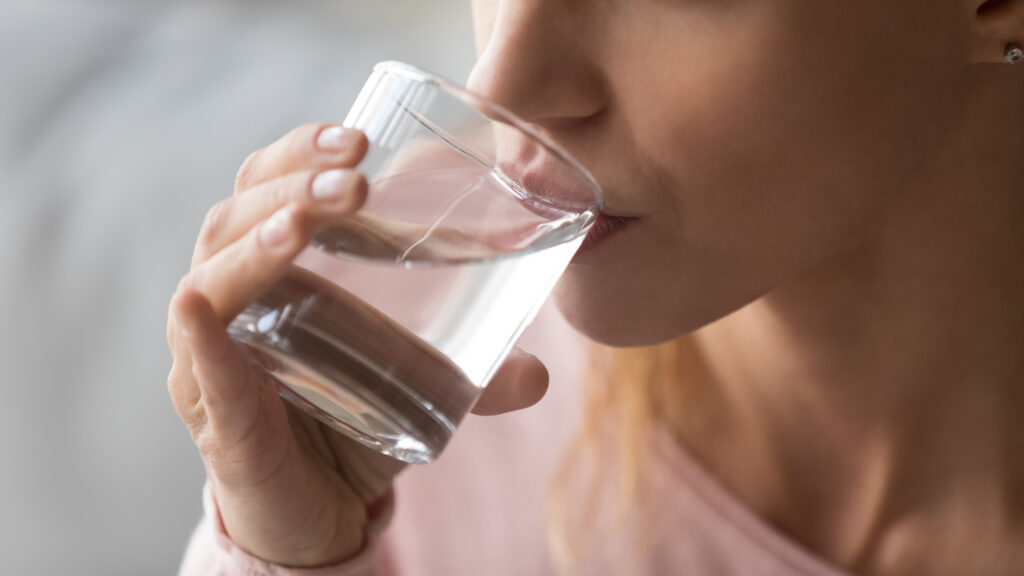From pastel-coloured cans promising calm and focus to mushroom- and herb-infused blends, functional beverages have become a wellness staple. Brands like TRIP and Huel lead a global market projected to hit €212bn by 2030, fuelled by younger consumers shifting away from alcohol.
These drinks often feature ingredients such as ashwagandha, lion’s mane mushrooms, magnesium, or L-theanine. Research shows some promise – particularly for stress and focus – but evidence is mixed and, in some cases, limited. “Magnesium, for example, only helps if you’re deficient,” noted dietitian Nicolle Cucco.
The hype has also led to controversy. In July, UK regulators banned a TRIP advert that implied its drinks could reduce stress, citing a lack of scientific proof. Experts warn that wellness buzzwords like “calm” or “relax” can oversell benefits, blurring the line between genuine impact and placebo.
Still, the placebo effect itself is powerful. Believing a drink will aid relaxation can change how the brain processes stress, making the experience feel real even if the science is uncertain.
Social media has amplified the trend, with influencers promoting functional drinks as quick lifestyle fixes. But while sipping them alongside a balanced routine is harmless (apart from the price tag, up to €27 for a 12-pack), they are no substitute for medical treatment of conditions like anxiety or ADHD.
As Cucco put it: “Some ingredients may be beneficial, others less so. Taking the time to understand what you’re putting into your body is often the wisest approach.”



